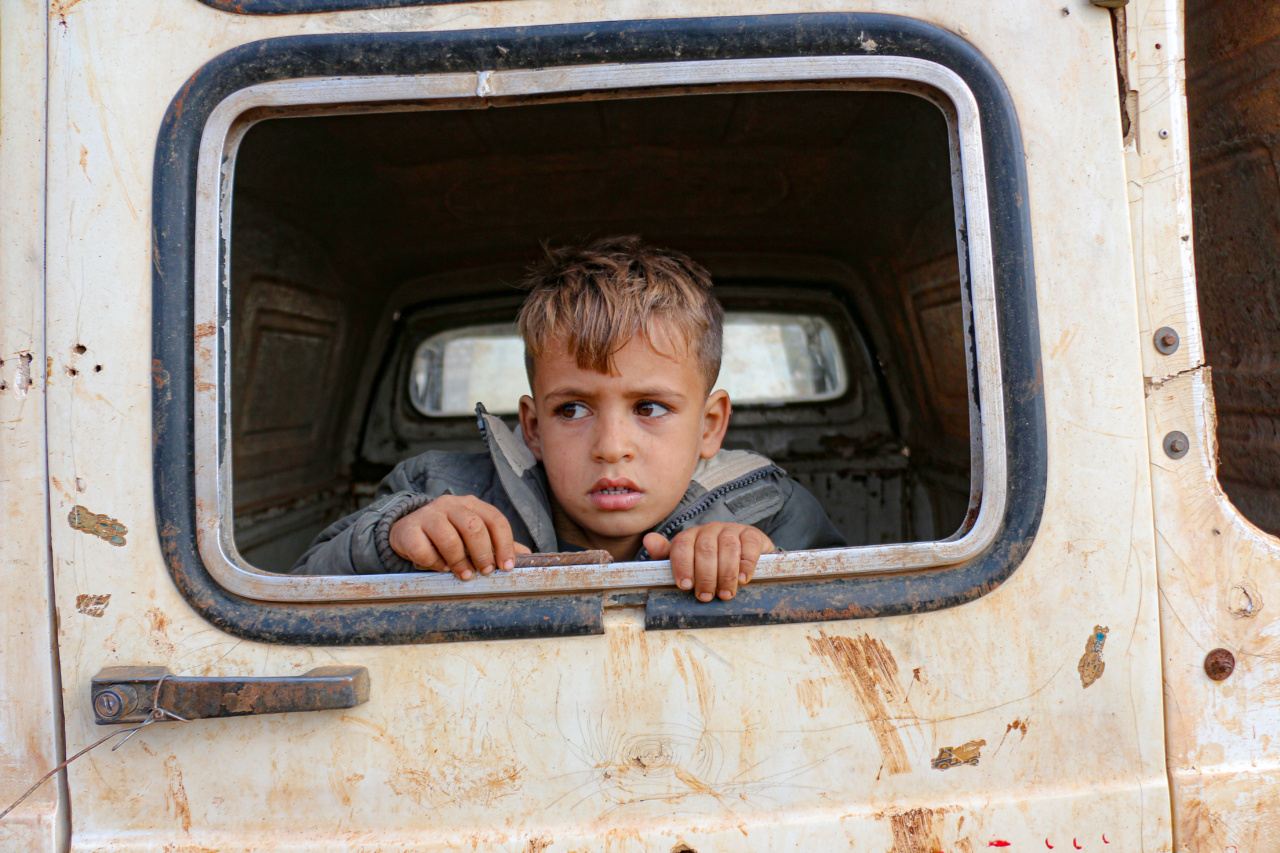As a parent, you want your child to be a happy, healthy, and well-liked member of their peer group. Unfortunately, not all children are naturally outgoing and socially adept, and some kids struggle to make friends and fit in with their peers.
While it’s normal for children to experience social anxiety and shyness from time to time, if you’ve noticed that other children seem to be afraid of your child or avoid them altogether, it’s time to take a closer look at what might be going on.
Signs that Other Children May Fear Your Child
If you’re concerned that other children may fear your child, there are a few signs you can look for.
While each child is unique and may manifest their anxiety in different ways, some common signs that other children may be afraid of your child include:.
- Avoiding eye contact
- Making excuses to leave play dates or social events early
- Refusing to play with your child
- Appearing visibly uncomfortable or nervous around your child
- Expressing fear or discomfort when asked to interact with your child
- Telling other parents that they don’t want to play with your child anymore
If you’ve noticed any of these signs among your child’s peer group, it’s important to take them seriously and investigate further.
While children can be unfriendly or unkind for a variety of reasons, if several children seem to be avoiding or fearing your child, it may be a sign that something more serious is going on.
Possible Reasons for Your Child’s Unpopularity
There are many reasons why a child may struggle to make friends or be well-liked by their peers. Some common factors that can contribute to a child’s social difficulties include:.
- Shyness or social anxiety
- Difficulty with communication or social cues
- Challenging behaviors, such as aggression or tantrums
- Lack of social skills or experience
- Differences in culture, language, or family background
- Physical, emotional, or developmental challenges
If your child is struggling socially, it’s important to identify the underlying cause and develop a plan to support their social growth and development.
Depending on the root cause of your child’s difficulties, some strategies that may be helpful include:.
Strategies for Supporting Your Child’s Social Success
- Practicing social skills and role-playing social situations with your child at home
- Providing opportunities for your child to interact with other children in a safe and supportive environment
- Working with a therapist or counselor to develop coping strategies for anxiety or challenging behaviors
- Encouraging your child’s interests and helping them find social groups or clubs that align with their passions
- Building a strong support network of family members, friends, and mentors who can provide encouragement and guidance for your child
By taking a proactive approach to your child’s social difficulties, you can help them build the skills and confidence they need to succeed socially and cultivate positive, fulfilling relationships with their peers.
Conclusion
If you’ve noticed that other children seem to be afraid of or avoid your child, it can be a painful and worrisome experience for both you and your child.
However, by understanding the root causes of your child’s difficulties and taking proactive steps to support their social growth and development, you can empower your child to build positive, healthy relationships with their peers and thrive socially.





























